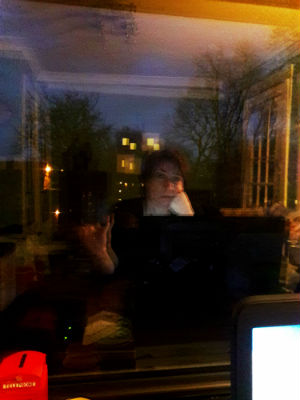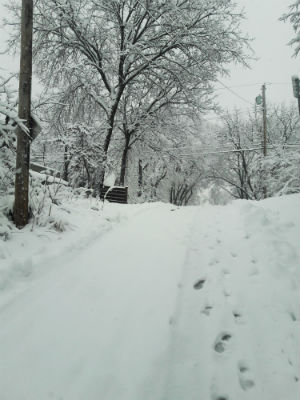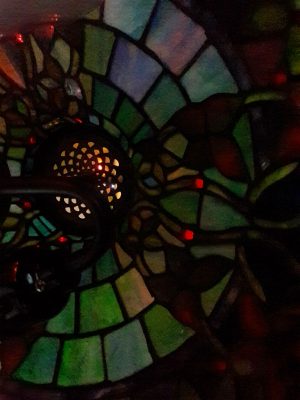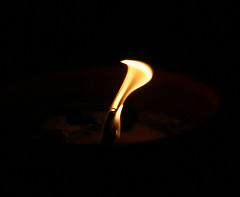Joules burn
It’s one of those “writing is haaarrrrd” days. So I’ll blog a little.

The Interstitial Novella, which is approaching 20k words and probably has about 20k more to go, has reached the plow point — the point where the run-up momentum has spent itself and you now have to work out the work: the mass and the gravity and the height of all the scenes remaining to get on paper or in pixels. But it’s now substantial enough that I’m going to start calling it by its working title, “Household Lights.”
Everybody does craft differently, and don’t ever let anyone tell you otherwise. Hell, I do craft differently with every project I do. But there are some basic features to my process that I’ve become familiar with.
“Household Lights” started life as the opening sequence to the second book in the series. I saw it as an interlude of recovery and refreshment for my characters before I threw more shit at them; because although I fully deserve my Evil Author badge, I also like my characters and want them to be happy. Mostly.
But then I started outlining the stages and acts of Book Two, sketching scenes and jotting down convos, and one of these things was definitely not like the others. Not only that, but the number of scenes I had conceived for the interlude promised to make it quite long. I’m unrepentant about introducing my ‘verse in a long-ass book, but for the second book? — there’s long, and then there’s long and also not tight.
So: short story, novella, whatever. I had some scenes sketched on the page, and some sketched in my head, so I got started. But then of course some of the elements that were already there started taking shape as external plot points. Apparently this isn’t just going to be a story about the inward lives of my characters, a meditation on the transition from one sphere of action to the next. Nope. Blessed are you, O Lord our God, king of the universe, who in your great mercy allows shit to happen.
So, I’ve made a list of all the scenes I know remain to be written. Some of these already have dialogue jotted down for them; some have been furniture in my head so long that if they were actual furniture, they would be lumpy from being jumped on by my brainchildren for so long. But, when one looks at a list of scenes and sees how much longer it is than the scenes one has written so far, and one tries to bestir oneself to pick at the next one on the list: that is the plow point, when one says, “Writing is haaaarrrd.”
But, a day like this is way better than days when I just don’t even know how to want to write or what to tackle or how to even think about what I want to see written or wordsauce wordsauce wordsauce. No, days like this are pretty good.
Now excuse me while I stare at the snow and try to squeeze out another word or ten.




 So, I appear to have a new author website: a genuwyne, public-facing, on-purpose address on these here Internets. Because I also appear to have gone into business for myself, as a purveyor of words that I wrote.
So, I appear to have a new author website: a genuwyne, public-facing, on-purpose address on these here Internets. Because I also appear to have gone into business for myself, as a purveyor of words that I wrote.